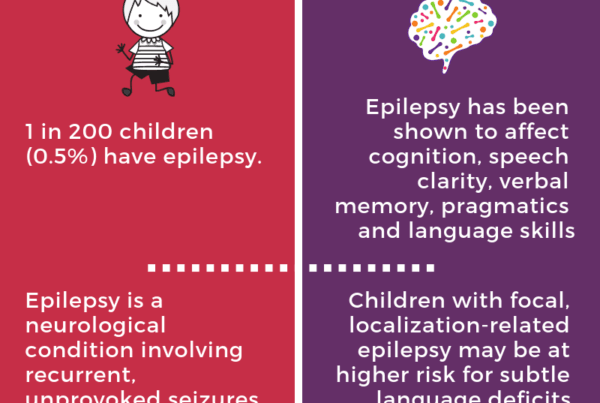By understanding a child’s unique individual differences, appreciating their unique developmental stage and what sparks their joy and interest, we can follow their lead to support their language, cognitive and socio-emotional growth.
We recently had the opportunity to engage in PD with DiR-experts travelling from the United States. As we are strong advocates for relationship-based intervention, especially for children presenting with complex communication profiles and social interaction challenges, we loved having the opportunity to take our training further.
What is DiR and DiRFloortime®?
DiR is the Developmental, Individual-Differences and Relationship-based model developed by paediatric psychiatrist Dr Stanley Greenspan. DiRFloortime refers to the application of the DiR framework in clinical settings. DiRFloortime is a developmental intervention, that considers the whole child, their holistic development and aims to support the core functions of relating, communicating, reasoning and thinking.
Who provides DiRFloortime®?
DiRFloortime® can be provided by speech pathologists, occupational therapists or psychologists. Importantly, parents are the cornerstones of therapy. Therapists will support parents to become advocates for their children.
What is NOT DiRFloortime®?
DiRFloortime® is NOT a skills-focused, discrete-trail behavioural approach. It is also NOT just playing with your child.
Who is the DiRFloortime® approach designed for?
DiRFloortime® is an intervention for children with developmental challenges and diagnoses (e.g., children with Autism), children who have experienced trauma and children with social interaction challenges. However, all children can benefit from the DiR theory and framework.
What does the DiRFloortime® approach involve?
The DiR theory centres around the importance of emotion and affect that is found in relationships, and how this drives cognitive- and indeed early development as a whole. By understanding a child’s unique individual differences, appreciating their unique developmental stage and what sparks their joy and interest, we can follow their lead to support their language, cognitive and socio-emotional growth. The DiRFloortime® approach is a strengths-based model. It also aims to understand why a child is experiencing challenges instead of merely treating the outward symptoms or behaviours.
Is the DiRFloortime® approach evidence-based?
Yes! Research for this intervention is rapidly growing. Multiple, randomised controlled trial studies and case- and group design studies have been published.



